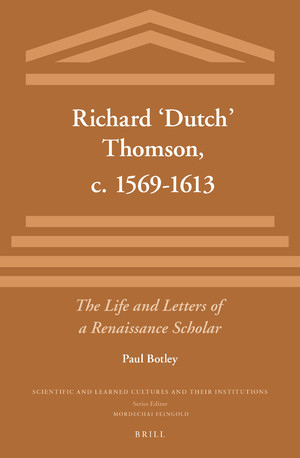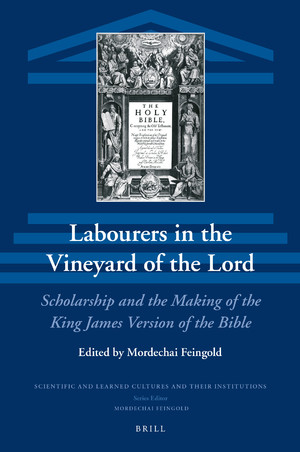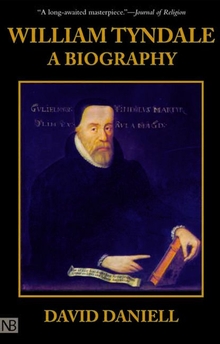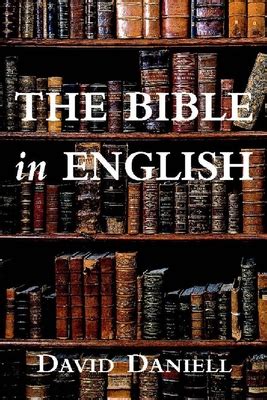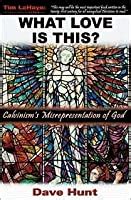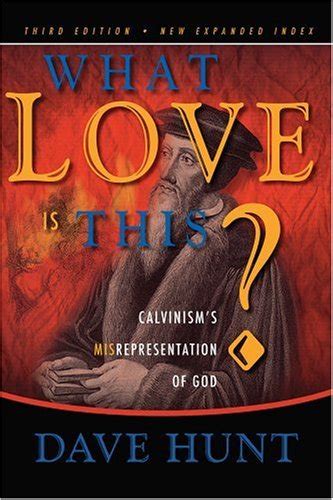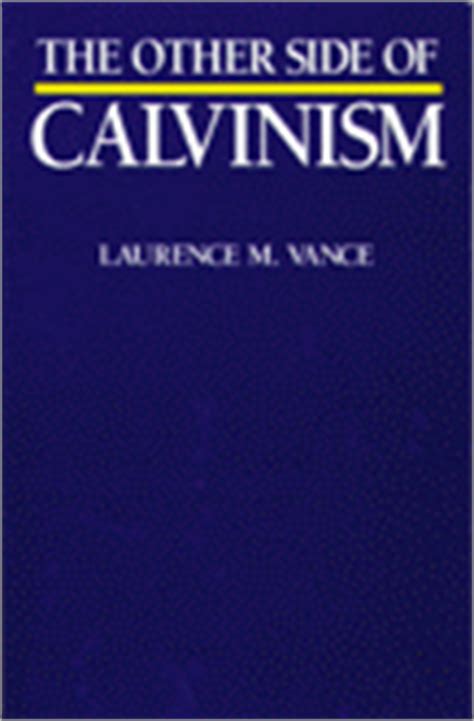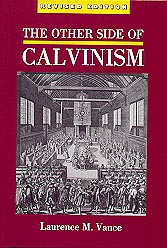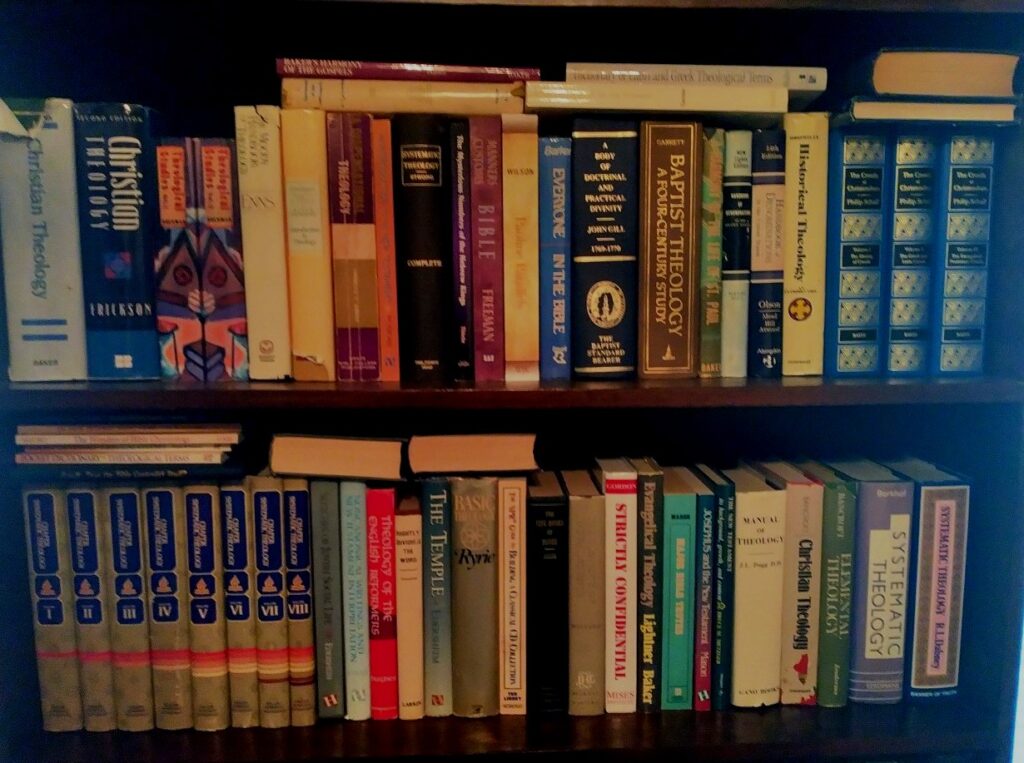The question of where to buy books needs two answers depending on whether we are talking about new books or used books. New books can be purchased directly from publishers’ websites, from Christian bookstores, from online Christian sources, and, of course, from Amazon. Used books can be purchased from secular and Christian used bookstores, thrift stores, online booksellers, and miscellaneous sources.
New Books
Most publishers will allow you to purchase books directly from their websites. However, this is normally not a wise decision. You will generally have to pay the full list price. Sometimes a small discount will be offered. Either way, you will have to pay the shipping cost, which will be at least $5 on one book. It is good to research books on publisher websites because extended descriptions, excerpts, and the table of contents are usually provided. Just don’t buy books there unless you can’t get the book anywhere else. It is getting harder and harder to find a Christian bookstore that sells anything worth buying. Much of what they sell is not even books, and the books they do sell are mostly fiction or junk. A bookstore attached to a Christian college is a better choice if you are fortunate enough to live near one. But like publishers’ websites, expect to pay full list price. There are some online Christian sources where you can purchase new books at a discount. Most notably is Christianbook, which can be reached at christianbook.com or 1-800-CHRISTIAN. This used to be called Christian Book Distributors (CBD). For years CBD or Christianbook sold several of my books, but then in 2020 abruptly decided to cut ties with some of their smaller vendors without telling them. Amazon is generally your best bet for new books, especially if you know exactly what you want.
Used Books
Used Christian books can be found at both secular and Christian used bookstores. The latter sometimes also has a small selection of new Christian books. I frequent Brightlight Books in Fern Park, Florida, which also has an overstock warehouse down the street and a store inside Reformed Theological Seminary in Oviedo, Florida. The main store has about an even mix of secular and religious books, mostly used. The seminary store has mainly religious books, mostly used. Thrift stores like Goodwill sometimes have religious books. In the days before the Internet, I used to get monthly lists of used books for sale from book dealers, and then would frantically call them to reserve the books I wanted before they were sold to someone else. Now, as we know, everything is online. Two of the best online marketplaces for used books from a wide variety of dealers are Alibris (alibris.com) and AbeBooks (abebooks.com). Their listings will also include used books offered for sale through Amazon. Miscellaneous sources for used books include garage sales, retiring preachers, and library sales.
